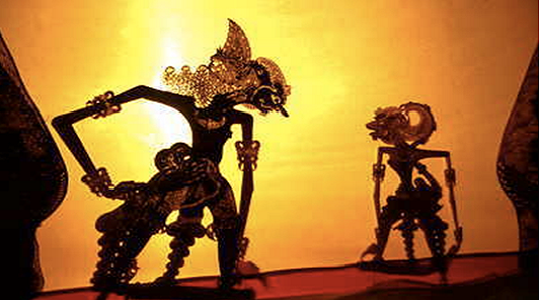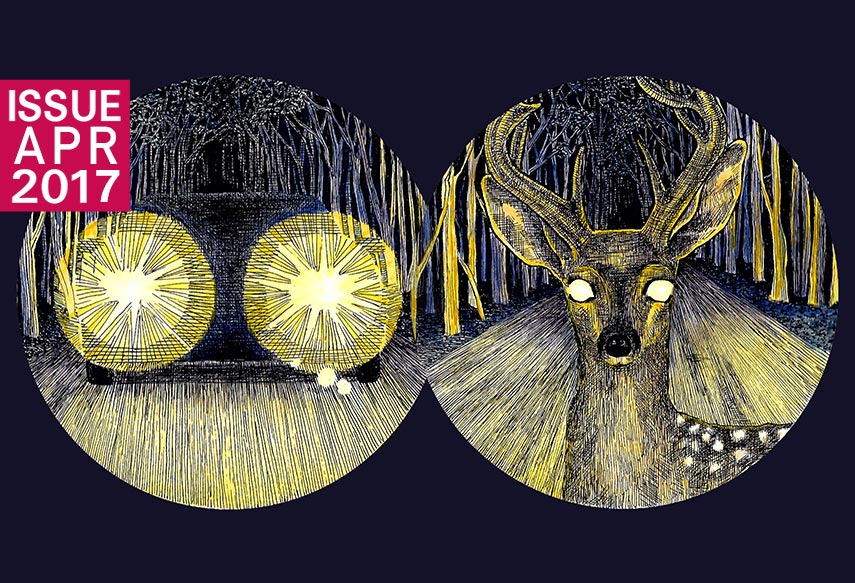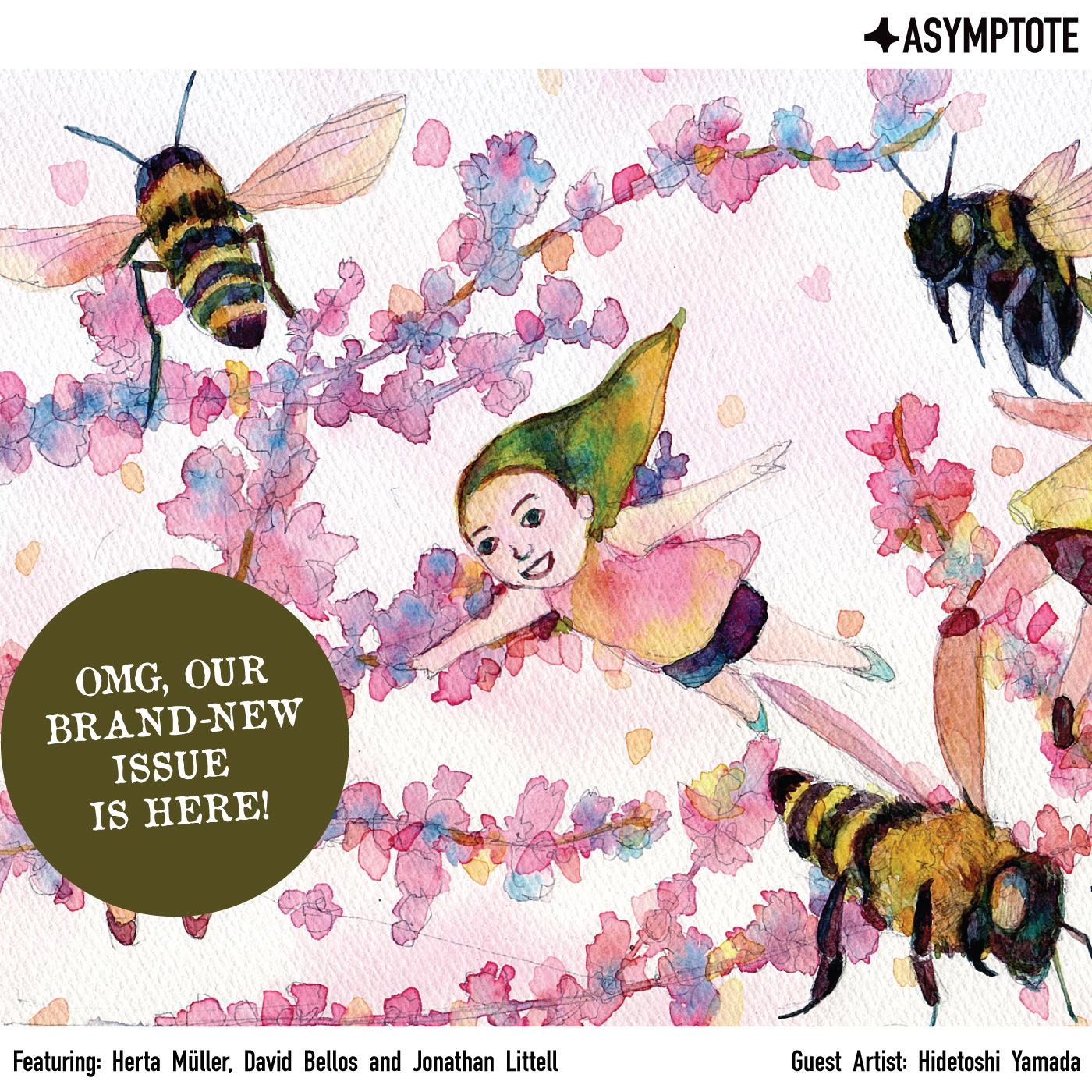Looking for new entry points into the latest issue of the journal? The section editors of this behemoth cash of international literature, out just last week, are here to guide you!
In this spring issue, the drama section features two complementary pieces—one from Catalonia and the other from Poland. Both portray hellish, nightmarish worlds in a distinct, unique theatrical manner. Grzegorz Wroblewski’s The New Colony in translation by Agnieska Pokojska depicts a claustrophobic asylum where patients/citizens live out their days in a state of restless, mocking unease. Wroblewski’s text is typical of what has been deemed “post-dramatic” theatre (in Hans Lehmann’s terms). It is an open text which offers its audience an intentionally disorientating roadmap to a contemporary world that is fractured and broken, where individuals seek wholeness despite all signs that such a search is hopeless.
Written as a proto-feminist cabaret, Beth Escudé i Gallès’s Diabolic Cabaret in translation by Phyllis Zatlin, looks at an elemental Eve, channeling visions of historical female icons throughout history. Is guilt a woman? To whom will society place its blame in times of war? Helen of Troy? Other alluring, bewitching sirens up to no good? Escudé i Gallès teases and cajoles her audience in a piece that through anarchic humor questions the roles we all play to claim concepts of territory, identity, and ownership. Both Wroblewski and Escudé I Gallès are from the same generation, even though they represent different cultures and sensibilities as dramatists. It’s fascinating to see two skilled and provocative playwrights, in fine translations, address states of fear and anxiety all too prevalent in the modern world.
—Drama Editor Caridad Svich
Among three exceptional essays—including one that introduces readers to the brilliant but tortured Swiss writer, Hermann Burger, and another that briefly loiters at the fork in Iran’s contemporary literary scene—I found myself particularly drawn to Noh Anothai‘s generous and intimate reflections on a world turned akimbo, seen through the eyes of Thai poet, Saksiri Meesomsueb. As we follow Anothai through the pages of Meesomsueb’s award-winning collection, That Hand is White, and from north Bangkok to Chicago and back, I’m reminded once more of literature’s gift in transgressing borders, its necessary lucidity, kindness, and prescience; and consequently, its call for response. Only with clean hands can we clean the world, Meesomsueb tells us. Dear Reader, what will you do next?
—Writers on Writers Editor Ah-reum Han
READ MORE…




